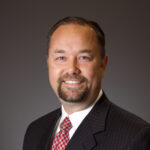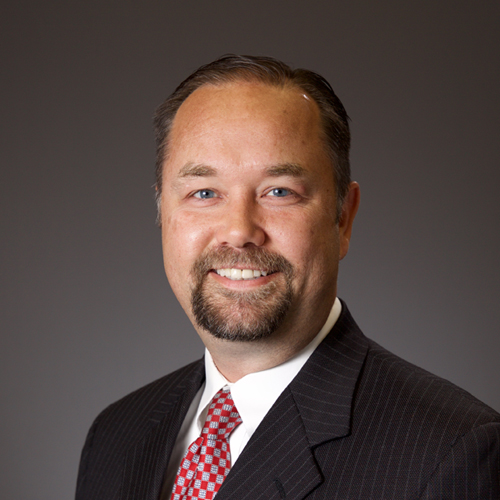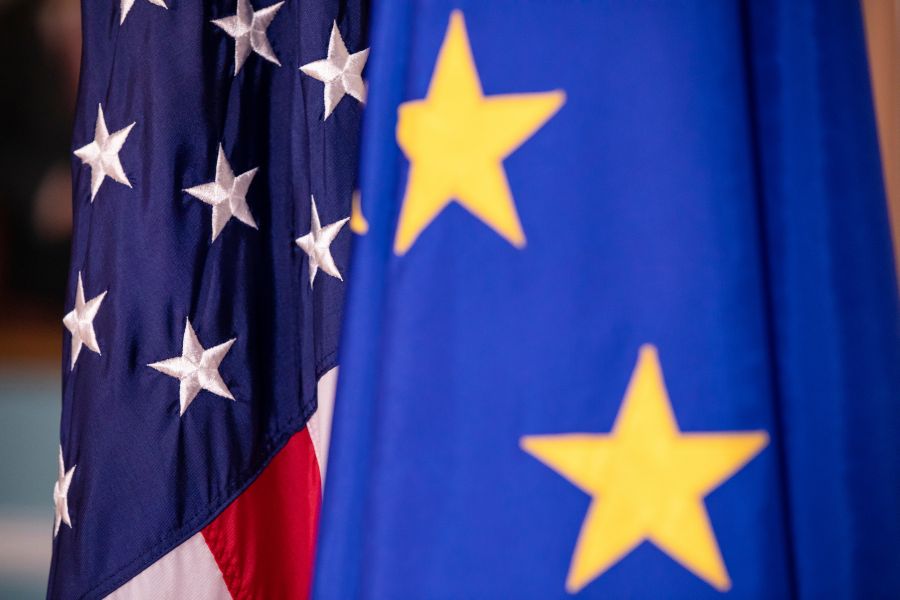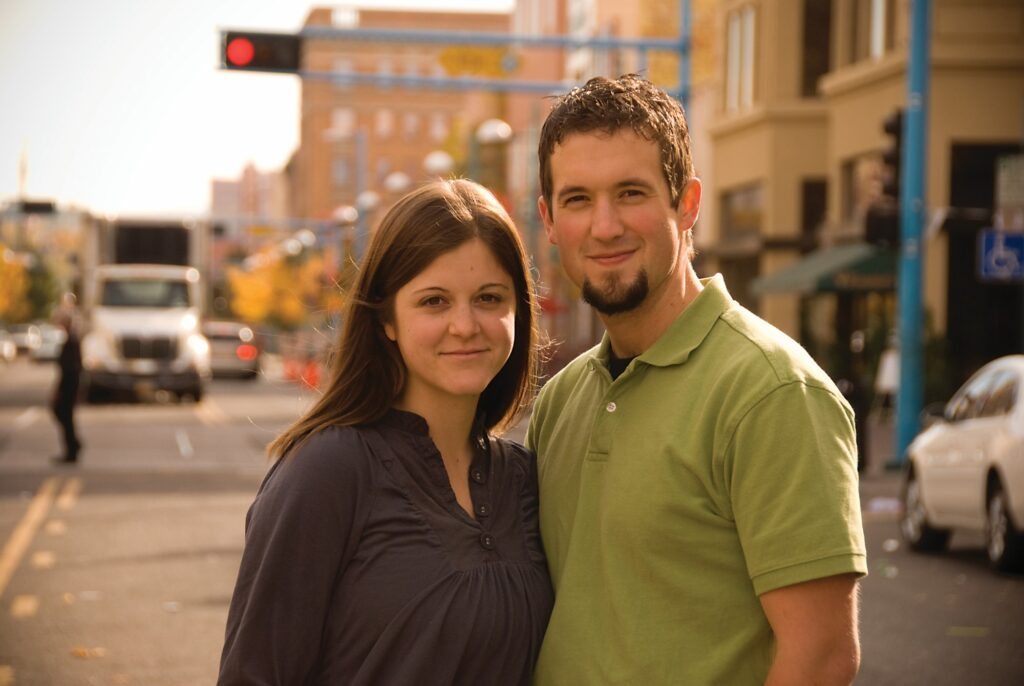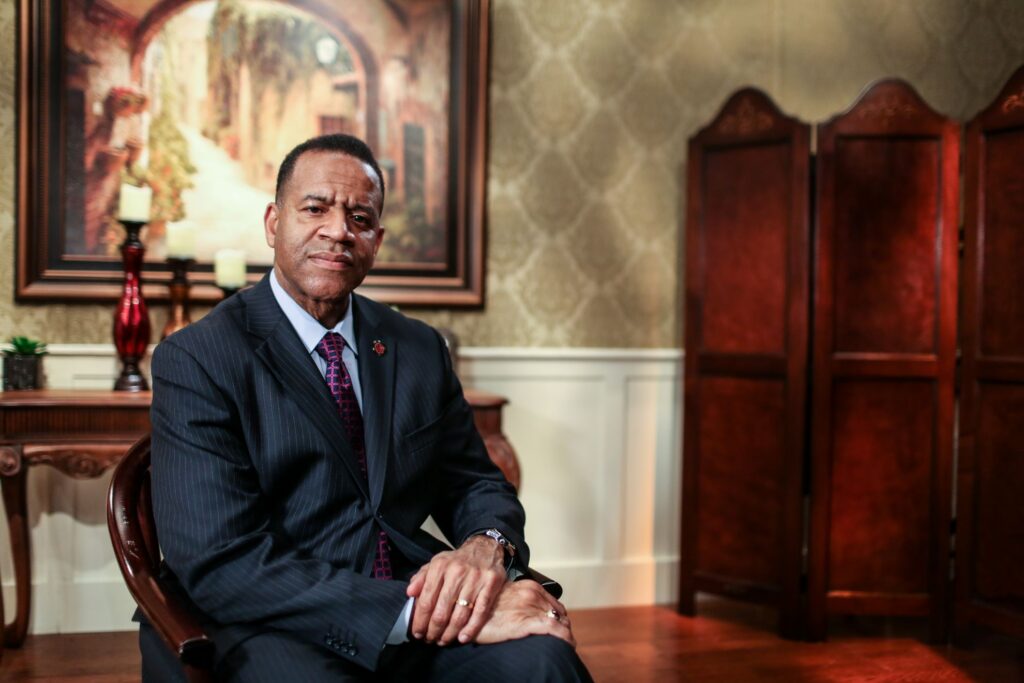
The past few years have seen a concerning trend of protesters attempting to shut down speakers through intimidation, heckling, and harassment. These tactics must be denounced, but they also must be explained: collectively, they are called the heckler’s veto—a dangerous form of censorship disguised as legitimate protest.
The heckler’s veto has traditionally referred to the restriction of a person’s speech, on behalf of the government, out of fear of a potential hostile reaction from opponents of that speech. More colloquially, the expression “heckler’s veto” has come to mean literal “hecklers” shouting down speech that they don’t like.
Such government restrictions are usually placed on speech that has a risk of inciting violent reactions from a crowd. The modern heckler’s veto is a form of disruptive protest for those who disagree with the message of a speaker and seek to silence him or her.
A government or administrative force can enact a heckler’s veto by shutting down the speech or removing the speaker. Or they can enforce a heckler’s veto through inaction, by simply allowing the speech to be shouted down and silenced by others, while refusing to act themselves and protect the speaker’s rights.
What has the Supreme Court said about the heckler’s veto?
In Terminiello v. Chicago (1949), the Supreme Court issued a landmark ruling addressing the heckler’s veto. The Court ruled that a controversial speech that had been given, in response to which a riot occurred, counted as constitutionally protected speech. Speaker Arthur Terminiello had been charged for a “breach of the peace” due to the violent reaction of the crowd, but the Court’s ruling affirmed that the charges violated Terminiello’s freedom of speech.
In his majority opinion, Justice William O. Douglas wrote that “a function of free speech under our system of government is to invite dispute. It may indeed best serve its high purpose when it induces a condition of unrest, creates dissatisfaction with conditions as they are, or even stirs people to anger.” This is just one example of the High Court upholding freedom of speech, even in the face of a strong, vocal opposition.
Is the heckler’s veto constitutional?
The heckler’s veto is not compatible with the letter or the spirit of the First Amendment. It is unconstitutional for the government to silence speech just because people may disrupt it. Law enforcement should act within its means to ensure that speech is able to be heard, even when it may seem unpopular. While protesters may assert that they are responding to speech they don’t like with “more speech,” the reality is that they are censoring and silencing speech by shouting over it or using force or other violence and causing it to be shut down.
When the government fails to prevent a heckler’s veto, both the rights of the speaker and the rights of the audience are violated. Allowing a heckler’s veto may, in turn, incentivize others to resort to hostile reactions and shouting down, instead of engaging respectfully in debate with ideas they disagree with.
What is an example of the heckler’s veto?
At Alliance Defending Freedom, we’ve assisted multiple clients who have been shouted and violently forced into silence by a heckler’s veto. One recent example occurred at Virginia Commonwealth University, where the campus chapter of Students for Life hosted an event featuring a pro-life speaker. A mob of students physically disrupted the event by blocking doors and shouting obscenities at those in attendance. The mob ultimately grew violent, resulting in injuries for several of the pro-life students.
University administrators failed to protect the free speech of the speaker and the students who brought her to campus, allowing a heckler’s veto to effectively cancel the event. Despite knowledge of intended protests prior to the event, the university did not provide sufficient security for the event. When officers did arrive, they allowed the violent activists to continue their disruptions and ultimately asked the guest speaker to leave the event, though she initially refused.
Rather than ensure a safe and productive exchange of ideas, university officials allowed a vitriolic mob to take over and even detained the pro-life speaker and students instead of the violent disrupters.
Thankfully, in response to an ADF letter, the university allowed a do-over of the event in which proper security measures were put in place, and officers quickly quelled disruptive protests, allowing the speech to go forward uninhibited.
The growing trend of the heckler’s veto is certainly dangerous and antithetical to a society founded on the freedom of open expression and engagement in the public square. This is especially true on college campuses, where ideas should be open to debate, and civil discourse should be allowed to thrive. If we do not stand for these ideals, we may continue to see an increase in attempted mob rule and a “might makes right” mentality.
When only certain voices are allowed to speak, civil society can deteriorate. We are seeing increasing attempts to cancel, censor, and ultimately silence views that are deemed unpopular. Our freedoms are in jeopardy when only the loudest voices in the room, or those with government-approved messages, are allowed to be heard.
We should ensure that society allows ideas to be freely exchanged and openly debated so that our right to speak the truth is protected.

